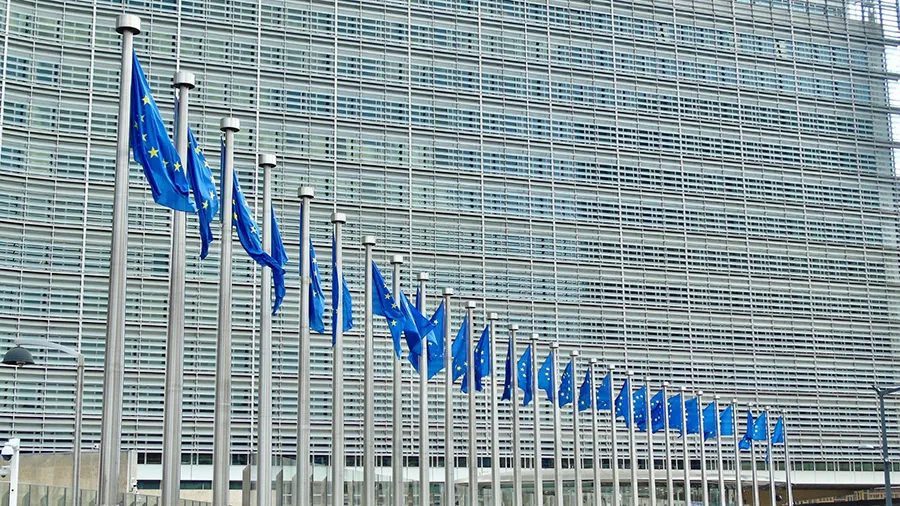As the European Commission prepares to unveil its proposal for the 2028–2034 Multiannual Financial Framework (MFF) on 16 July, the Institut Mines-Télécom has published a position paper reaffirming its support for a strong, autonomous framework programme for research and innovation (FP10), coordinated with the future European Competitiveness Fund.
Research and Competitiveness : Striking the Right Balance for 2028–2034
Research and innovation are expected to play an increasingly central role in shaping the European Union’s competitiveness. The upcoming Commission proposal will include a new budgetary framework for 2028–2034, potentially featuring the creation of a European Competitiveness Fund. This fund would integrate the entire investment cycle — from research to manufacturing — in alignment with the EU’s industrial and technological ambitions.
In this context, IMT calls for maintaining an autonomous, financially ring-fenced framework programme to ensure stable R&I funding. This programme should be able to work effectively alongside new budgetary instruments, without being absorbed into a single sectoral structure — a move that could dilute fundamental research and the exploratory dimension of innovation.
Within the Competitiveness Fund, IMT supports a two-pillar funding structure :
- A framework programme dedicated to scientific excellence and breakthrough innovation,
- Simplified programmes focused on industrialisation and the EU’s technological sovereignty.
“Strong coordination, yes ; merger, no.”
Supporting the entire research–innovation continuum
IMT advocates a comprehensive vision of the continuum from fundamental research to applied research to industrial valorisation — a cornerstone of a resilient, sovereign, and innovative Europe. This requires strengthening synergies between public and private stakeholders, developing strategic partnerships, and improving the valorisation of research results — notably through more agile funding mechanisms to support high-potential projects (KER, Proof of Concept, etc.).
The Institut also stresses the need for open, less prescriptive programmes to stimulate curiosity-driven research, and for reinforcing the European Research Area by supporting researcher mobility, research infrastructures, and university alliances such as EULiST.
A European Vision for 2028–2034
This position is part of the ongoing strategic debate between European institutions. While the Commission will present a revised budgetary framework in July, the European Parliament, in a report adopted in May, opposed merging existing programmes into a single fund, preferring a modular and coordinated approach. In March, the Council also reaffirmed its support for an FP10 modelled on Horizon Europe.
Against this backdrop, the Institut Mines-Télécom is committed to contributing actively to the discussions, in support of a clear, ambitious, impact-oriented research policy, aligned with Europe’s major industrial, digital, environmental, and societal transition.




